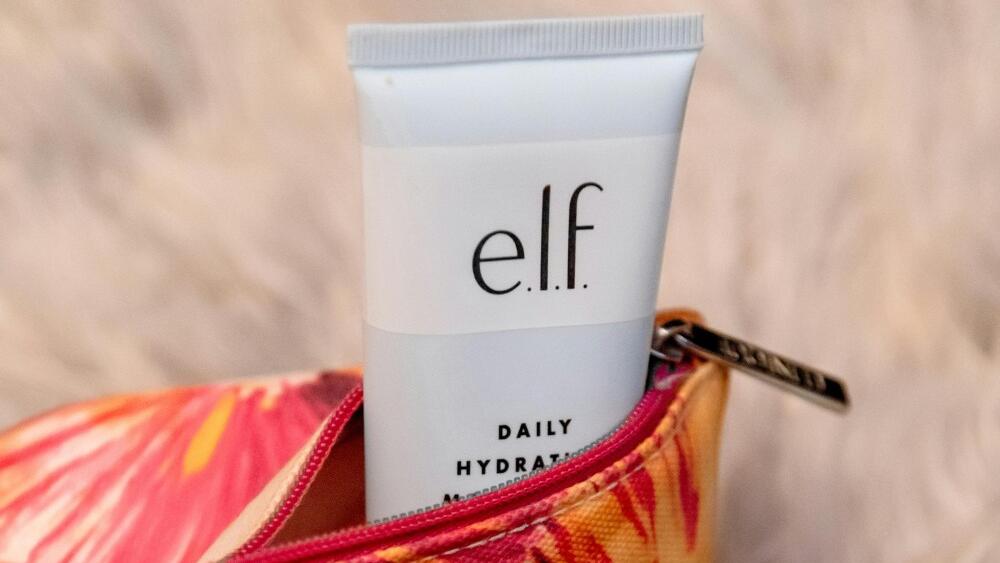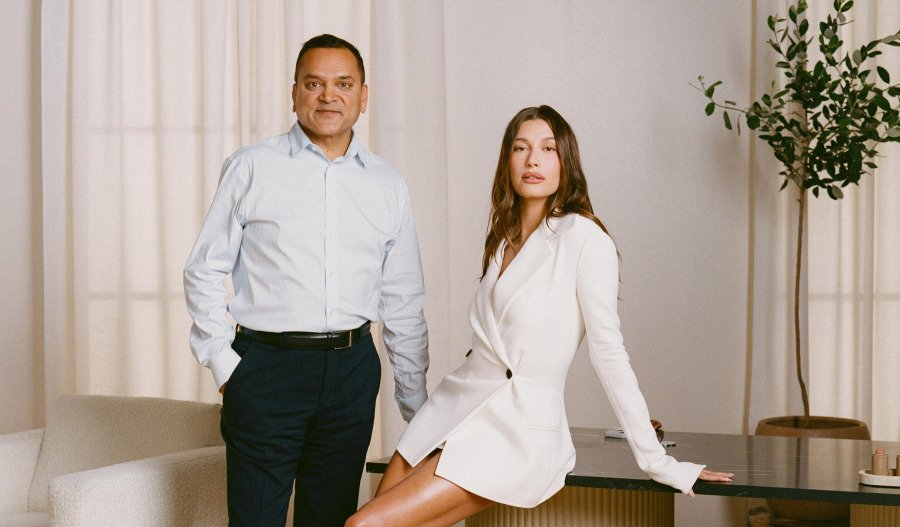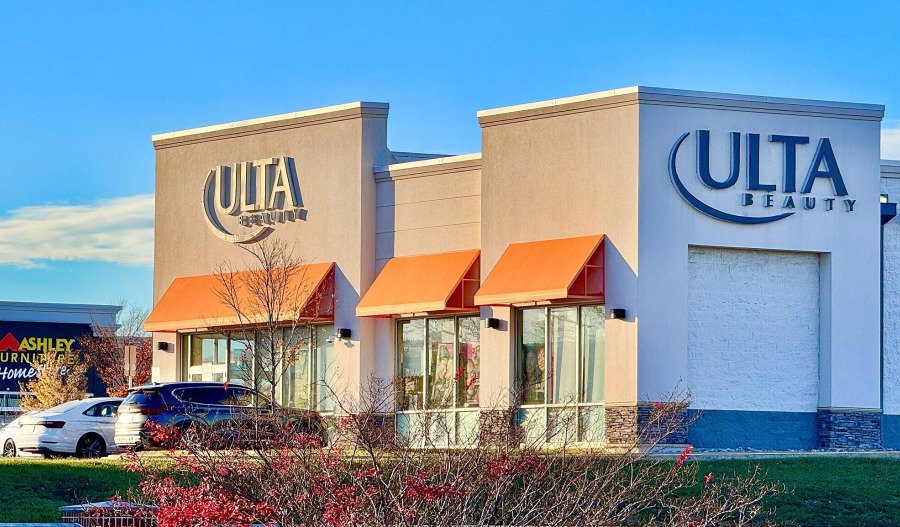E.l.f CEO Tarang Amin defended the company’s decision to raise prices by $1 to combat U.S. President Donald Trump’s tariffs.
In the interview with CNBC’s Jim Cramer, Amin said consumers were not put off by the price hike that was implemented on 1 August.
“We had about 98% positive sentiment from our consumers,” Amin said, suggesting customers appreciated E.l.f’s transparency about the change.
“Even after the price increase, 75% of our portfolio is $10 or less, so still a phenomenal value.”
However, E.l.f CFO, Mandy Fields, said the company was still monitoring how consumers were reacting to the price increase.
“We're still reading how the consumer will respond to that,” Fields said.
She acknowledged that “they’re continuing to be choiceful with how they’re spending.”
This comes as E.l.f shares dropped following its earnings announcements.
In the three months ending in June, the company reported net income of US$33.3 million, representing a 30% decrease from US$47.6 million.
The company also declined to offer full-year guidance until the U.S.’s approach to trade with China is clearer.
Instead, it opted to issue guidance for the first half of the fiscal year. In the first half, the beauty brand expects sales growth to be above 9%.
“We’re operating in a very volatile macro environment, obviously a great deal of uncertainty on tariffs, so until we have greater resolution on what the tariff picture looks like, we didn’t think it made sense to issue guidance,” CEO Tarang Amin told CNBC in an interview.
“It’s the uncertainty around the tariffs that make things more difficult.”
Tariffs have become a key point of contention for the business as they currently source 75% of its products from China, meaning they are subject to a cumulative import tax of 55%.
Amin said E.l.f is working on “optimising” its supply chain through diversifying suppliers not only because of tariffs, but also to meet “the strong global demand we have for the brand”.
“International was the fastest-growing part of our business this past quarter, or, actually, the last few quarters,” Amin said.
“So, really, to be able to meet that demand, we’ll continue to diversify.”
Despite the decrease in net income, U.S. sales for the company were up 5% year-over-year, and overall sales increased by 9% to US$353.7 million. However, this marks the second quarter in a row where revenue has slowed to single digits, which hasn’t occurred since 2020.
Earlier this year, the company also acquired Hailey Bieber’s Rhode beauty brand, although the effect this will have on E.l.f’s sales won’t be seen until later this year.
At the time of writing E.l.f (NYSE: ELF) stocks have dropped by 9.48% to US$99.92. The company’s market cap is US$5.67 billion.



